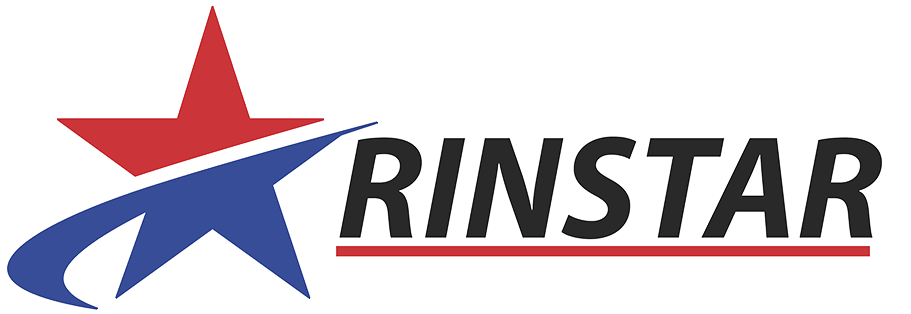RINSTAR Blog
Assigned vs. Separated RINs: Understanding K1 and K2 Under the Renewable Fuel Standard
RINs are the currency of the Renewable Fuel Standard, but their value and function change depending on their status. Assigned (K1) RINs travel with physical fuel, while separated (K2) RINs can be traded independently for compliance. Understanding how and when RINs separate, how they are priced, and who uses them is critical for managing RFS obligations. This guide breaks down K1 vs. K2 RINs and explains why tracking RIN status is essential for compliance and market strategy.
Treasury and IRS Release Proposed 45Z Clean Fuel Tax Credit Rules
Proposed 45Z tax credit regulations from the Treasury and the IRS provide new clarity on eligibility, emissions calculations, and documentation requirements for clean fuel producers. Here’s what renewable fuel stakeholders should know as federal guidance continues to evolve.
Efficient Producer Petition (EP3) Guide for 2026: How Ethanol Plants Can Generate More RINs Under the RFS
The Efficient Producer Petition (EP3) process gives ethanol facilities a powerful opportunity to generate RINs beyond grandfathered capacity by demonstrating improved greenhouse gas performance. With the EPA’s finalized 2026–2027 RFS standards and SRE reallocations, efficient production has never been more valuable. This guide outlines eligibility requirements, technical justification tips, GHG calculator updates, submission best practices, and how to maintain approval through ongoing compliance monitoring.
EPA & Biofuels Roundup: Production Records, Policy Shifts, and Regulatory Updates
Explore the latest ethanol production records, E15 policy proposals, SRE changes, and EPA budget priorities shaping RFS compliance and RIN markets in 2026.
2025 RIN Trends: How RINSTAR Data Compares to National RFS Activity
2025 RIN data highlights both national trends and real-world compliance activity. By comparing EPA totals with RINSTAR platform data, we break down how RINs are generated, traded, and managed across the Renewable Fuel Standard market.
EPA News Grab Bag: Biodiesel Tax Credits, SAF Incentives & Key RFS Signals for 2026
As 2025 comes to a close, renewable fuels policy is moving quickly. From efforts to reinstate biodiesel tax credits to renewed focus on SAF incentives and evolving RFS signals, these developments could significantly impact compliance strategies heading into 2026. In this EPA news grab bag, RINSTAR breaks down what producers, blenders, and obligated parties need to know.
RIN Haircut Debate: How a 50% RIN Credit for Imports Could Reshape Biomass-Based Diesel Markets
EPA’s proposed “Half RIN” (or “RIN haircut”) could reduce RIN value for imported biofuels and domestically produced fuels made with foreign feedstocks. The proposal could potentially reshape D4 RIN pricing, renewable diesel competitiveness, and sourcing decisions across the biomass-based diesel market. Here’s what’s on the table, what stakeholders are saying, and what to watch as EPA moves toward finalizing the 2026–2027 RVOs.
From Waste to Wealth: How Wastewater Treatment Plants Are Becoming Renewable Energy Powerhouses Under the RFS
Wastewater treatment plants are no longer just sanitation facilities—they are becoming powerful renewable energy producers. By converting biogas into RNG and leveraging high-value D3 RINs under the Renewable Fuel Standard, municipalities nationwide are transforming waste into long-term clean fuel revenue.
Sustainable Aviation Fuel (SAF) and the RFS: Are We Ready for Takeoff?
Sustainable Aviation Fuel (SAF) is emerging as aviation’s most promising path to deep decarbonization, but scaling production remains a major challenge. This article explores how the Renewable Fuel Standard (RFS), federal incentives, and evolving technologies are shaping SAF’s future and what it will take to reach 35 billion gallons by 2050.
